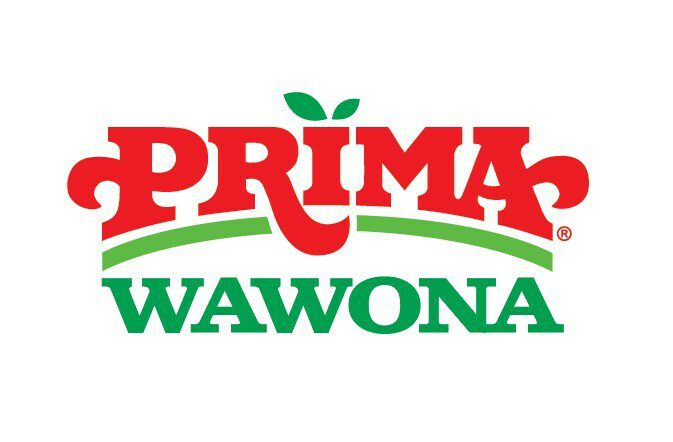On November 3, Trinity Fruit Company, Inc. BB #:161683 Fresno, CA, withdrew its October 31 motion in which it argued that the expedited sale in the bankruptcy case of Prima Wawona BB #:165373 prevents Trinity from receiving payment of $42,790 plus 18 percent annual interest, which it says it is guaranteed under the Perishable Agricultural Commodities Act.
The November 3 motion can be read here.
The October 31 motion can be read here.
The previous version of the story below inaccurately reported on the timeline of the lawsuit and motions. We regret the errors.
Original story below:
One of Prima Wawona’s BB #:165373 suppliers filed an objection to Prima’s expedited bankruptcy sale.
On November 3, Trinity Fruit Company, Inc. BB #:161683 Fresno, CA, argued that the expedited sale prevents Trinity from receiving payment of $42,790 plus 18 percent annual interest, which it says it is guaranteed under the Perishable Agricultural Commodities Act.
On October 13, Prima Wawona, the industry’s largest producer of stone fruit, announced that it is transitioning ownership of the company and recapitalizing the business.
In its bankruptcy filing, it listed estimated assets of $500 million to $1 billion and liabilities of $1 billion to $10 billion.
The filing lists Prima Wawona’s top 30 creditors and includes Georgia Pacific, IFCO Systems, Cain Trucking, Kingsburg Orchards, Allen Lund Co., Fox Solutions, and CHEP USA.
One October 13 filing set aside $1.08 million for the debtors to pay suppliers under PACA, which the court granted.
However, Trinity argues the court merely authorized the debtors to pay PACA trust claimants but did not require it.
Trinity argues the debtors asked the court for a motion that “fails to provide for full, prompt payment of Trinity’s PACA trust claim, jeopardizes Trinity’s super-priority statutory trust status, and otherwise extinguishes rights granted to Trinity by Congress. Only by sustaining this Objection can the Court ensure that Trinity’s PACA trust claim is paid in full, and Debtors are not allowed to dodge their fiduciary and statutory obligations to Trinity.”



